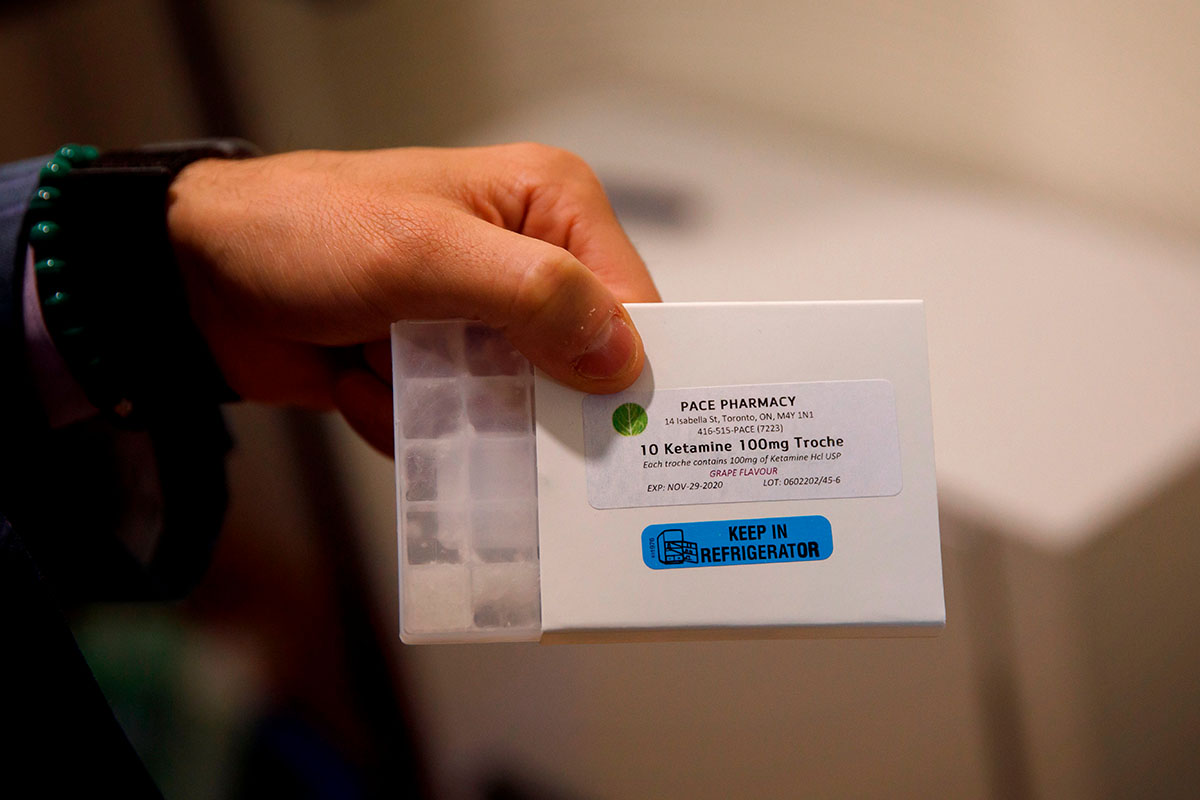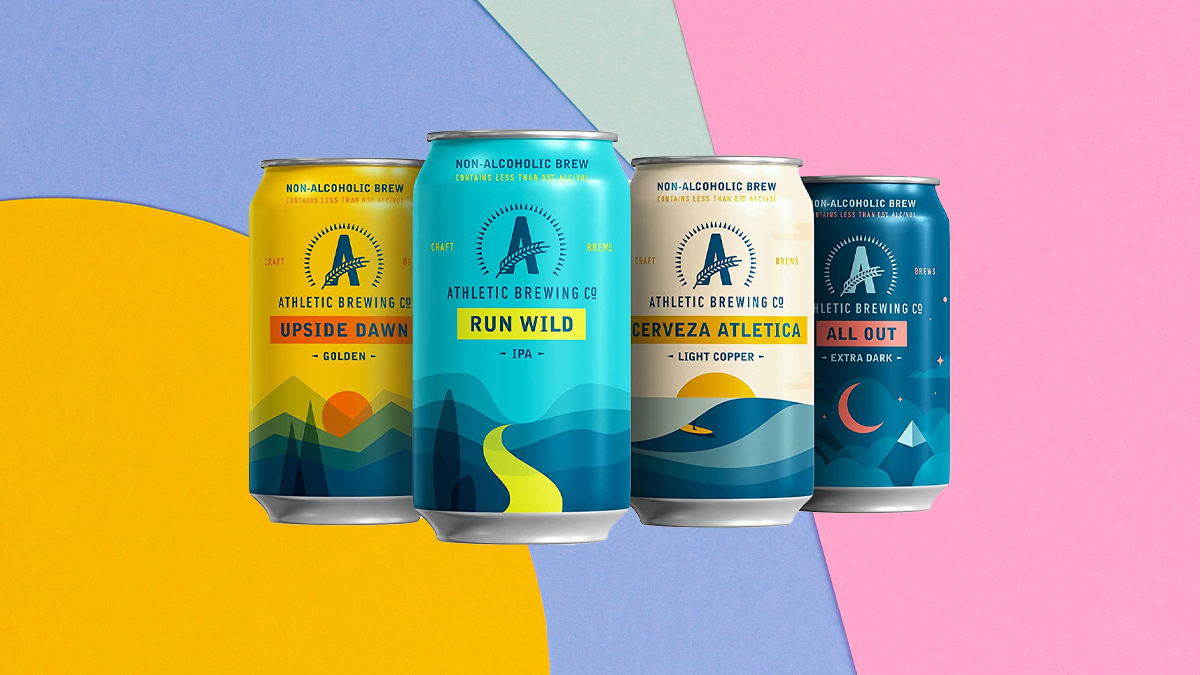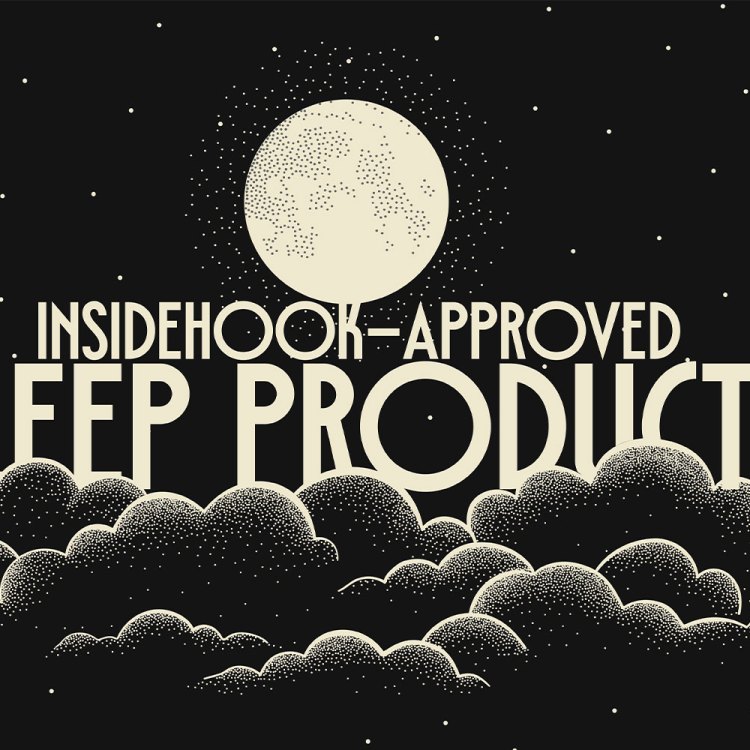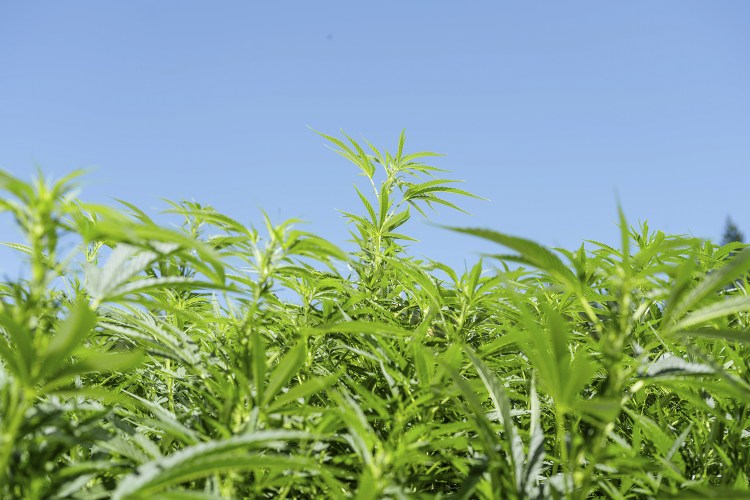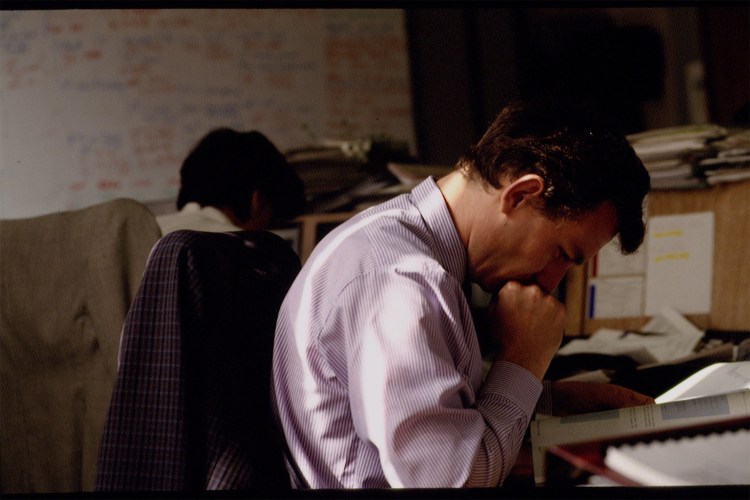According to a study conducted by researchers at the University of Exeter, a combination of ketamine and psychological therapy could help those with severe alcohol use disorder stay on the wagon.
The project is named Ketamine for Reduction of Alcohol Relapse (KARE), and it determined that former drinkers were more two-and-a-half-times more likely to remain abstinent over a six-month period after taking small doses of ketamine compared to the placebo control group.
Even at low doses, the study’s volunteers experienced psychedelic effects from ketamine. They talked with their future selves, jumped down the hole into Wonderland, met God, etc. But those ludicrous, dreamlike situations can have a profound impact on patients, essentially “rewiring” one’s relationship to alcohol.
When administered by an expert (and accompanied by psychotherapy) ketamine acts on the lateral habenula, a part of the brain that often contributes to anxiety, fear and depression. The drug might be able to reset this “disappointment center,” by minimizing the stress and damage of previous or ongoing trauma.
One patient said in a statement: “The sense of oneness that I felt and the sense of moving away from focusing on the worries and the small stuff is helpful in terms of improving my relationship with alcohol … I think I used alcohol as a self-medication and as a blocking and avoiding mechanism. And I think feeling that those issues are less prevalent or at least less important means I feel less motivated to drink.”
The KARE study is coming at a time where attitudes around psychedelics are changing, and practical application of them for clinical therapy has been fast-tracked.
Over the last two years, treatment (administered via ayahuasca, psilocybin, or ibogaine, in addition to ketamine) has helped combat veterans grapple with PTSD and retired football players confront CTE. A recent report promised the first ever study of psilocybin-assisted therapy for clinicians.
Meanwhile, the buzzy Field Trip Health now offers ketamine-enhanced therapy in eight locations throughout the United States. (Prospective patients can find out if they’re eligible for treatment after filling out a simple questionnaire.) And the FDA recently stamped a ketamine-infused nasal spray, meant to treat severe depression.
While this study was a success for the patients involved — those that got ketamine stayed sober 162 out of 180 days, on average — there are still some concerns. Namely, is it smart to cure one’s addiction to a drug … with another addictive drug? Freethink reached out to Dr. John Krystal at Yale, a ketamine expert, for comment.
Here’s what he had to say: “I think that this is an exciting study that highlights a novel potential therapeutic action of ketamine for the treatment of addiction, which is somewhat paradoxical, given the significant abuse liability associated with recreational use of ketamine … We will need to see this work replicated and extended to fully understand the clinical impact of this intervention.”
In other words — it’s a promising start, and that question (including how ketamine may interact with people already on antidepressants), will need to be fully examined in later studies. For now, though, we can celebrate the open minds and pioneering research of those working to help treat alcohol addiction.
Whether you’re looking to get into shape, or just get out of a funk, The Charge has got you covered. Sign up for our new wellness newsletter today.
